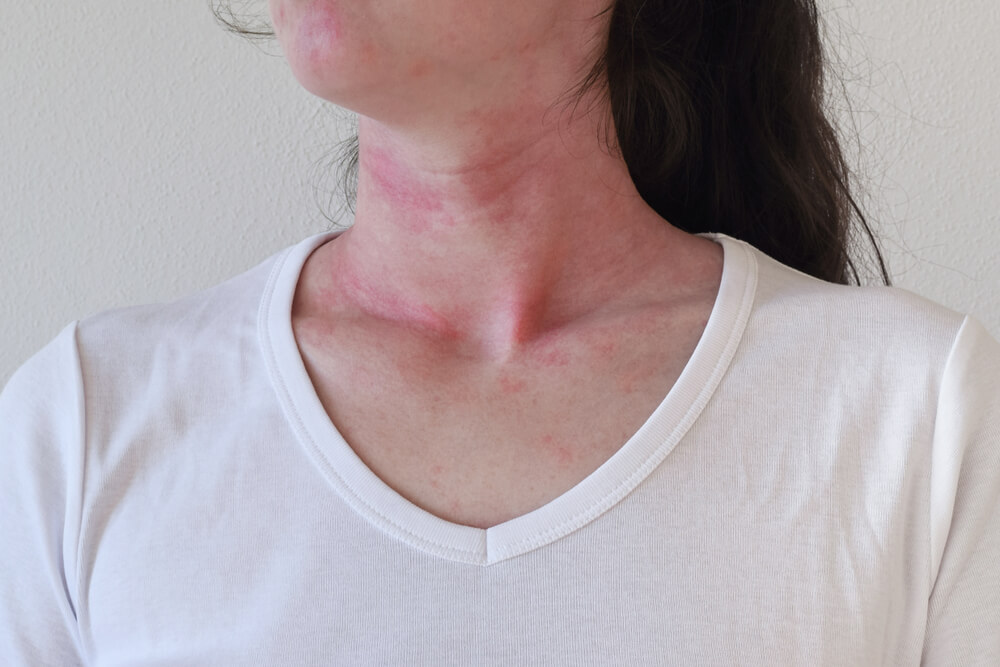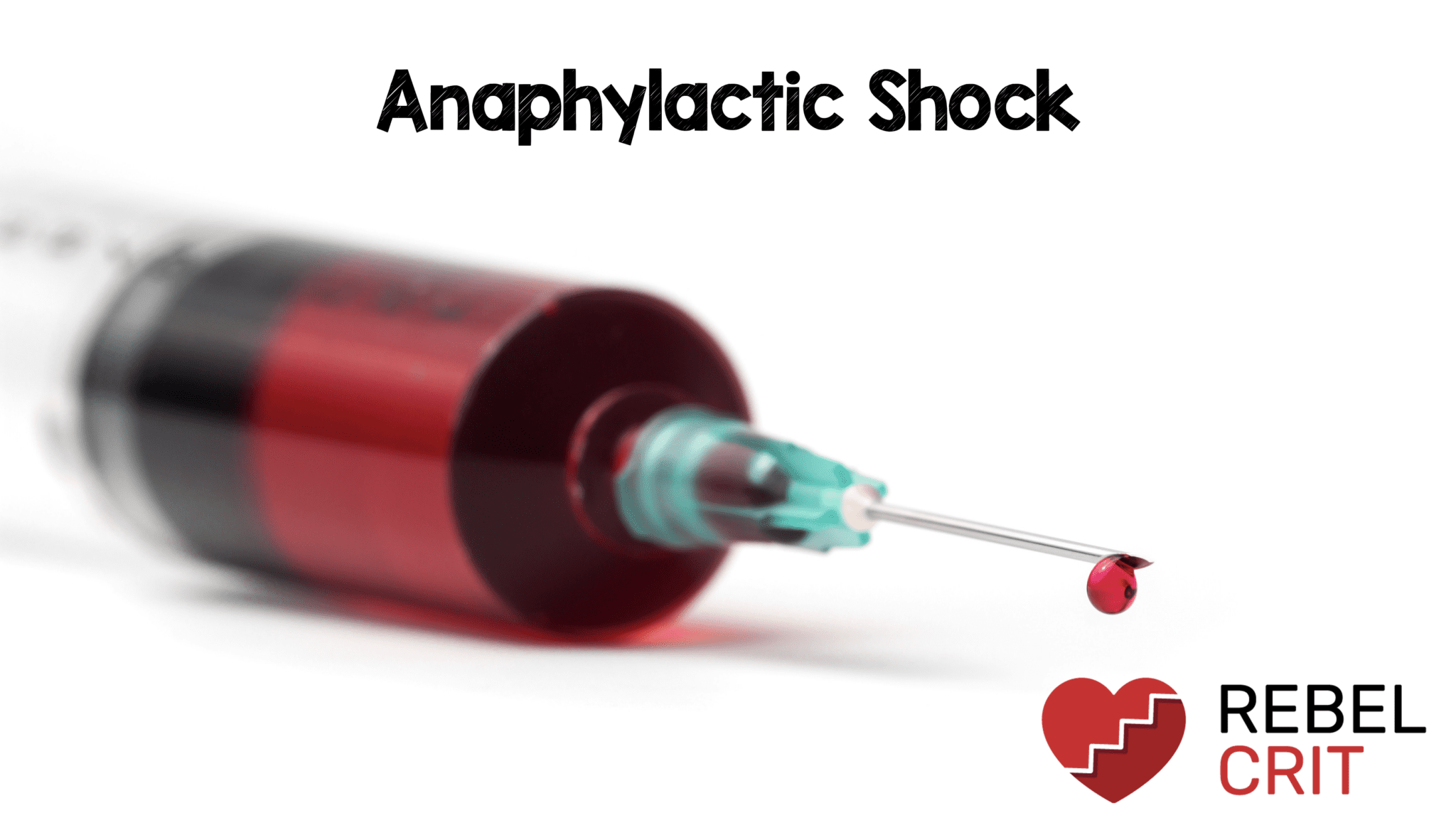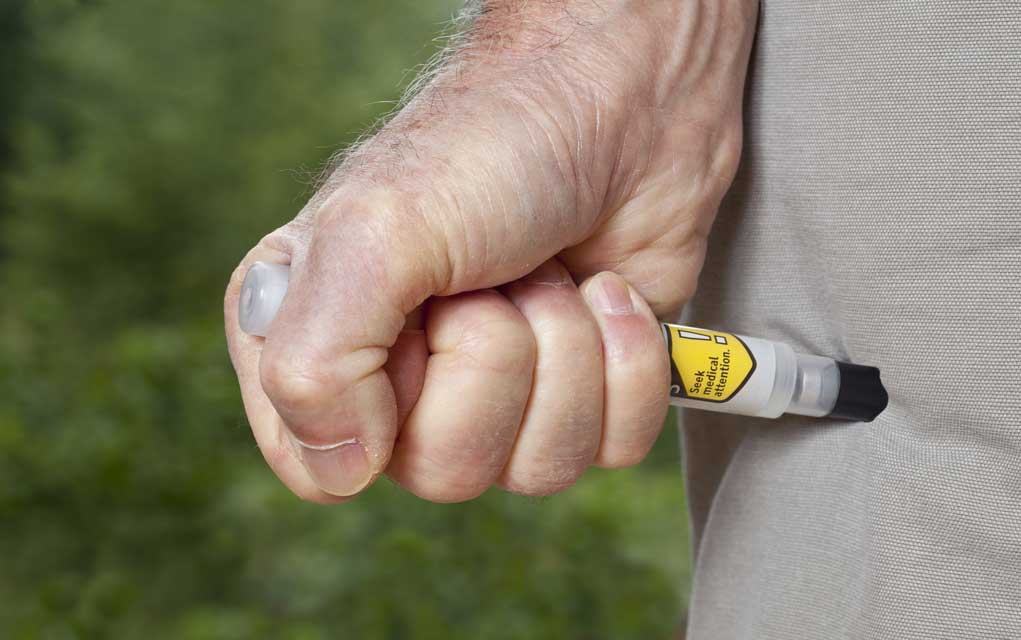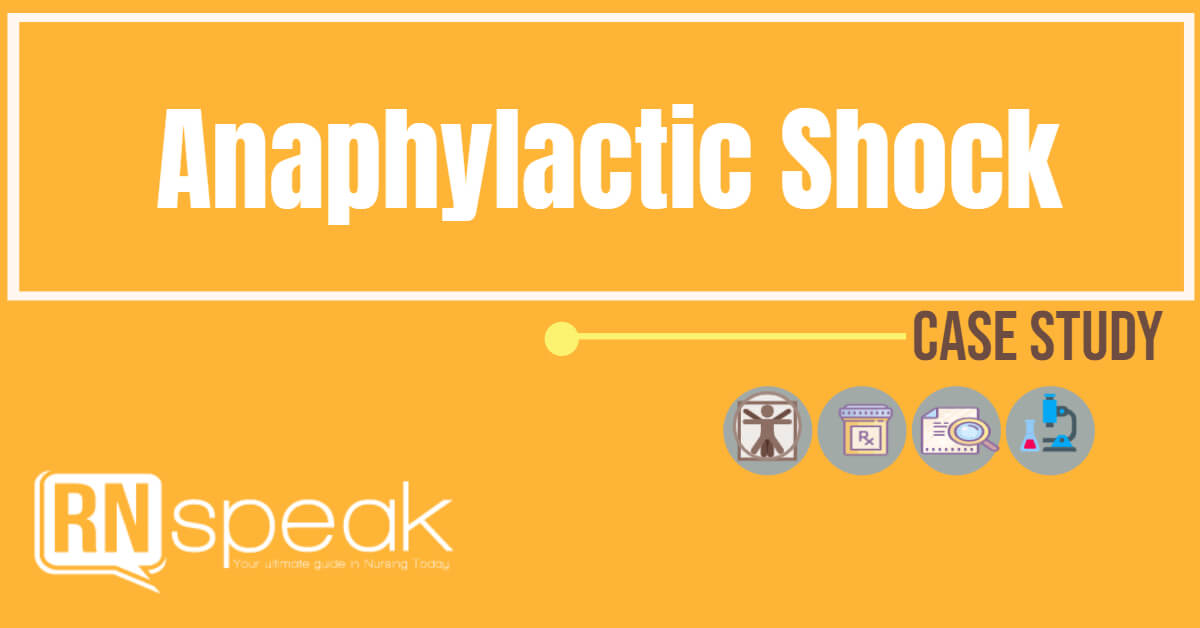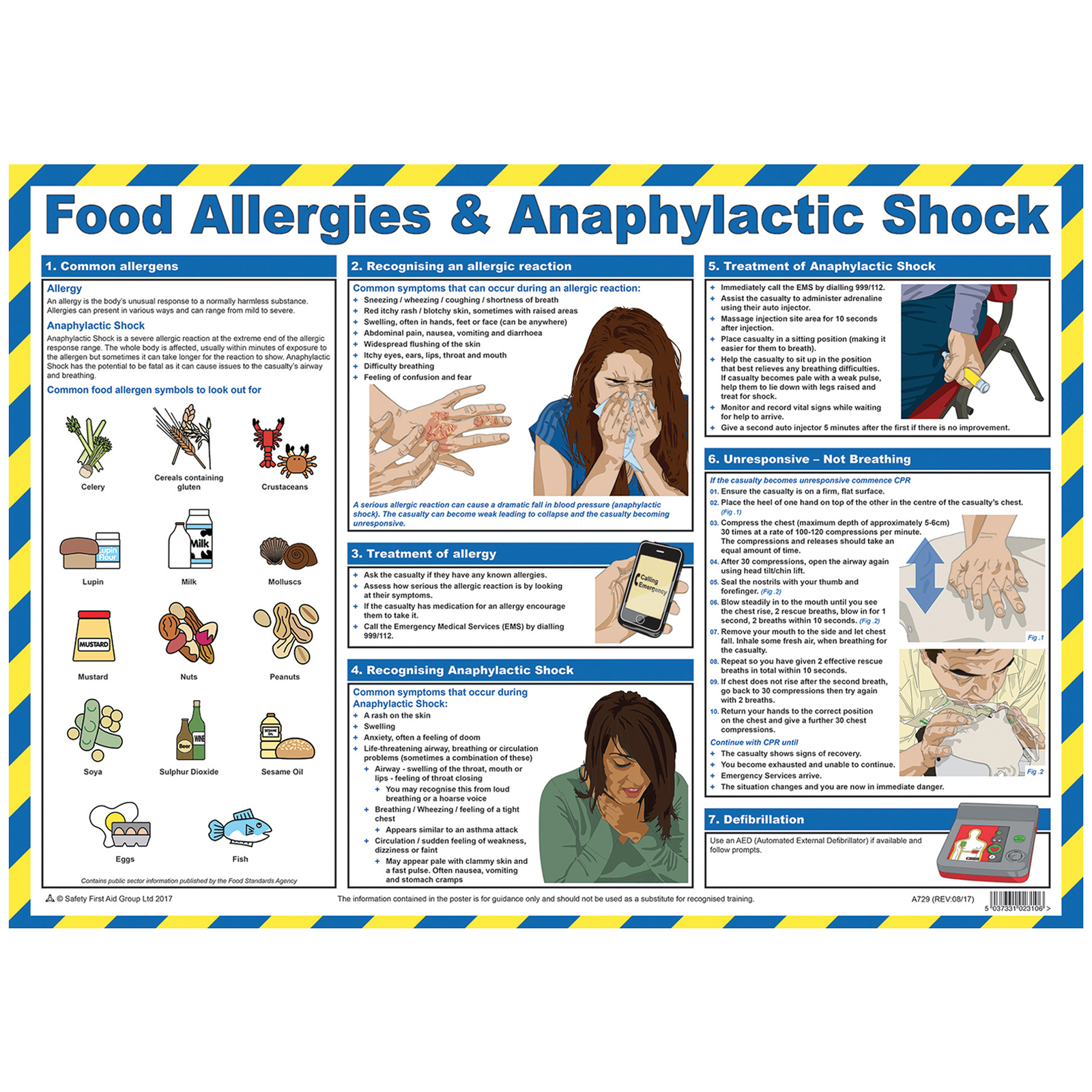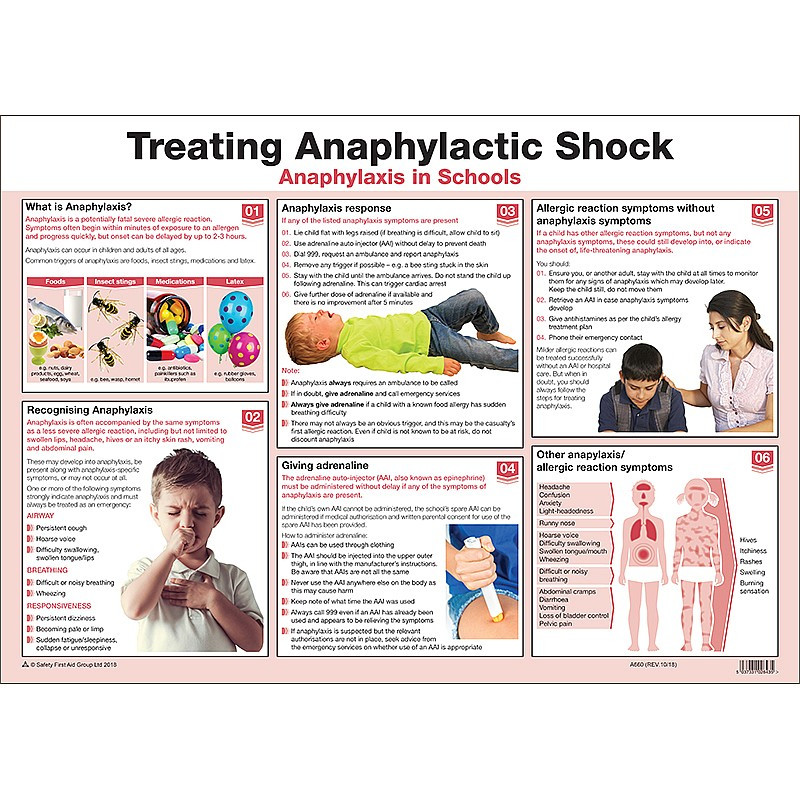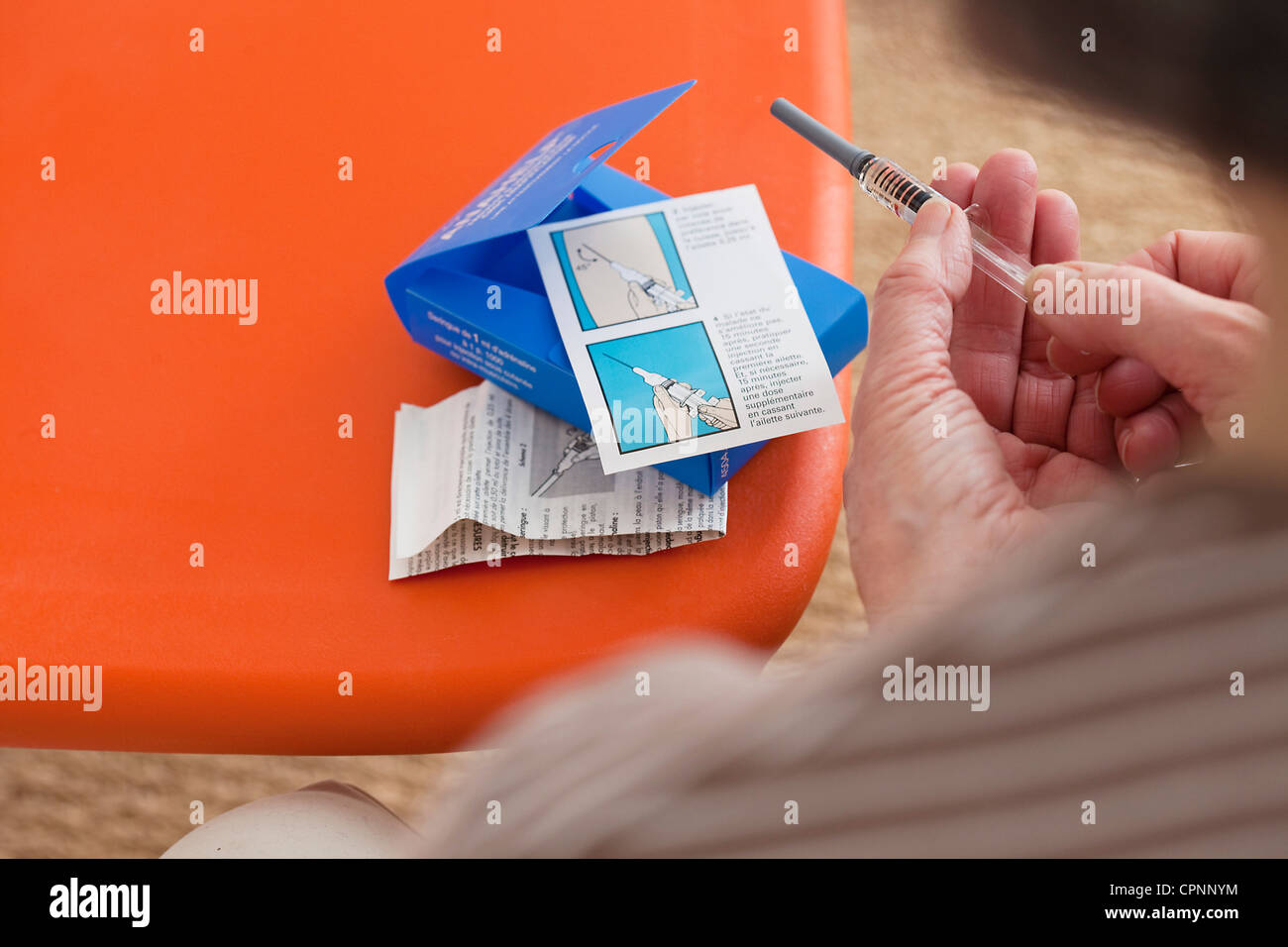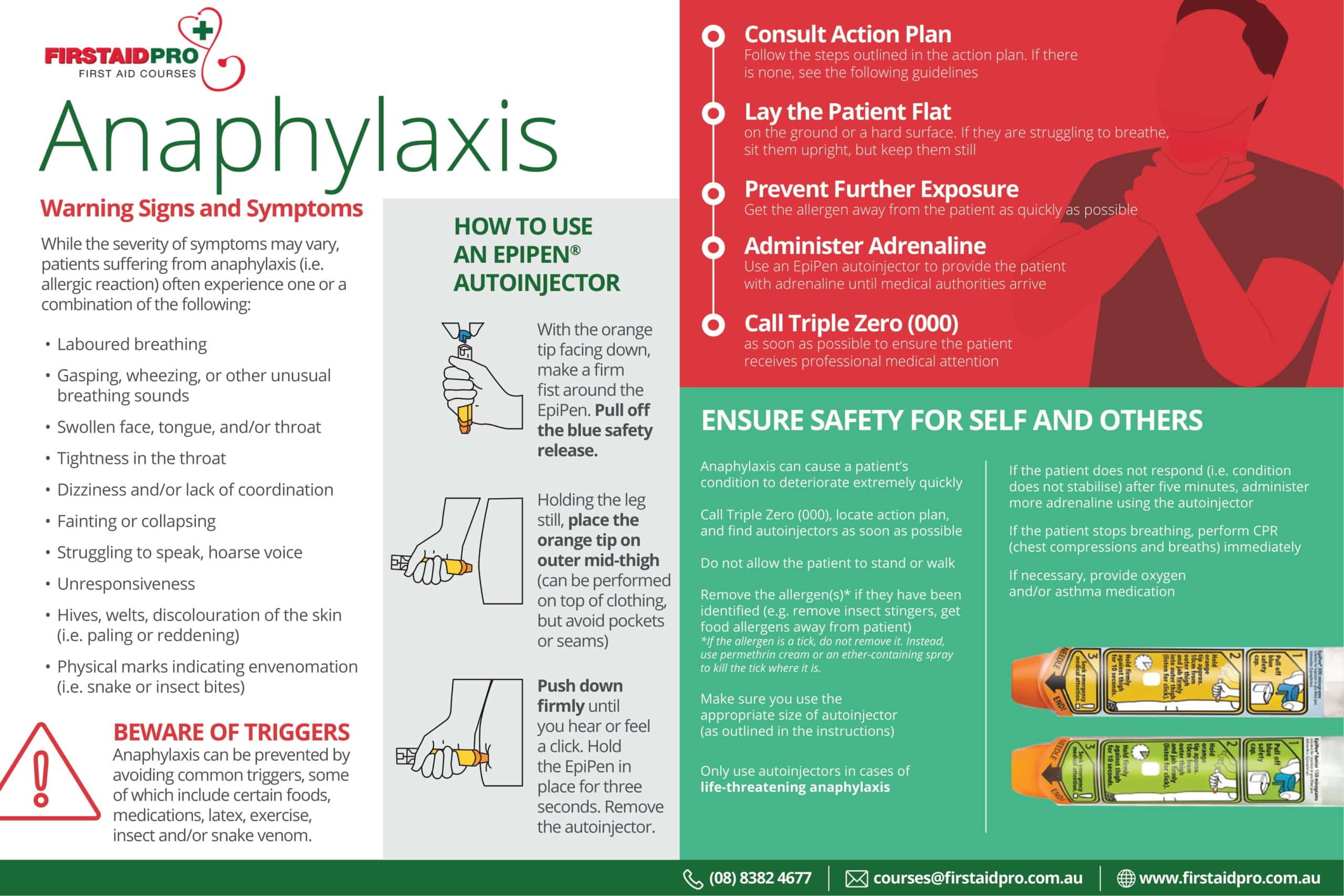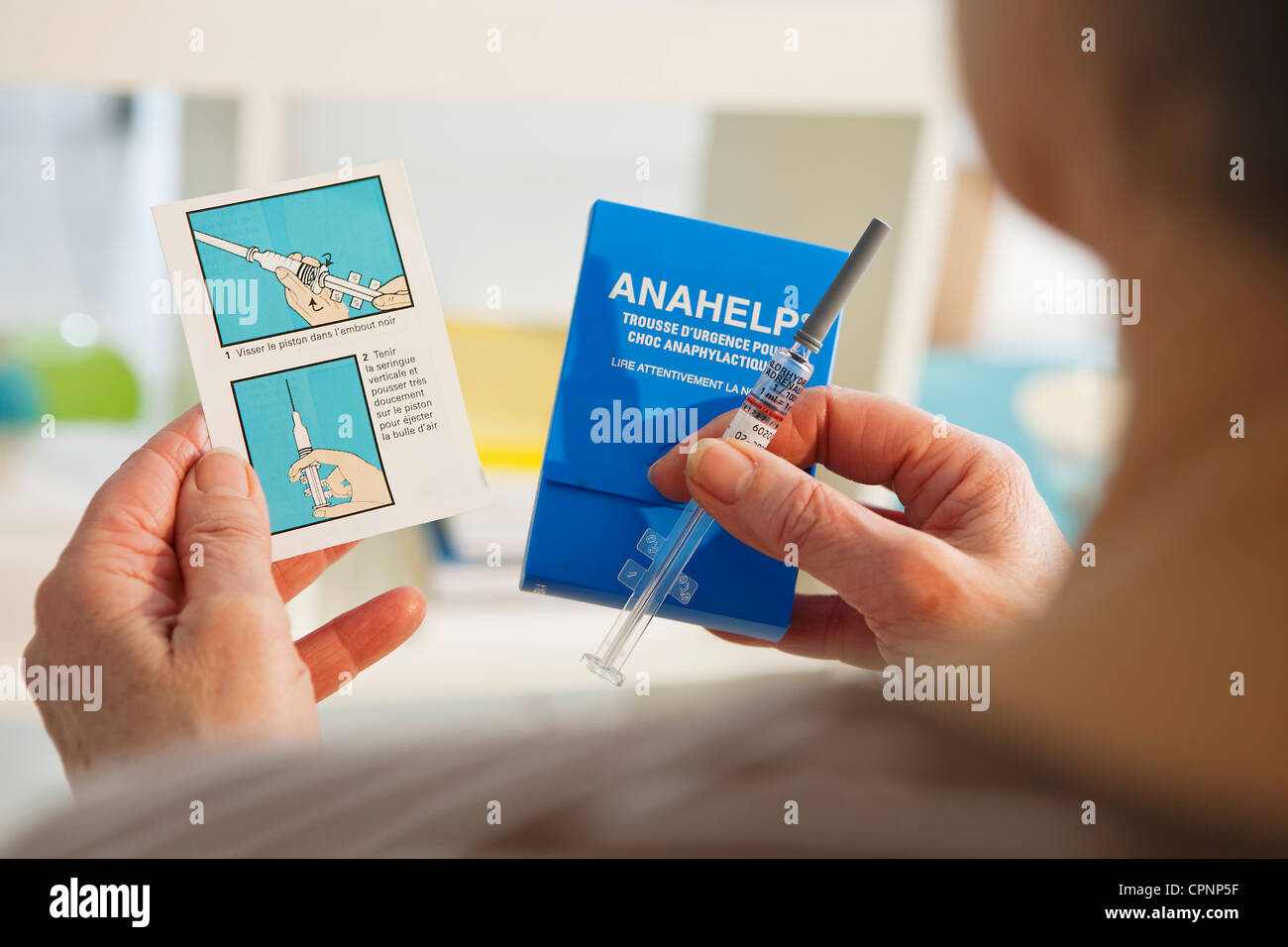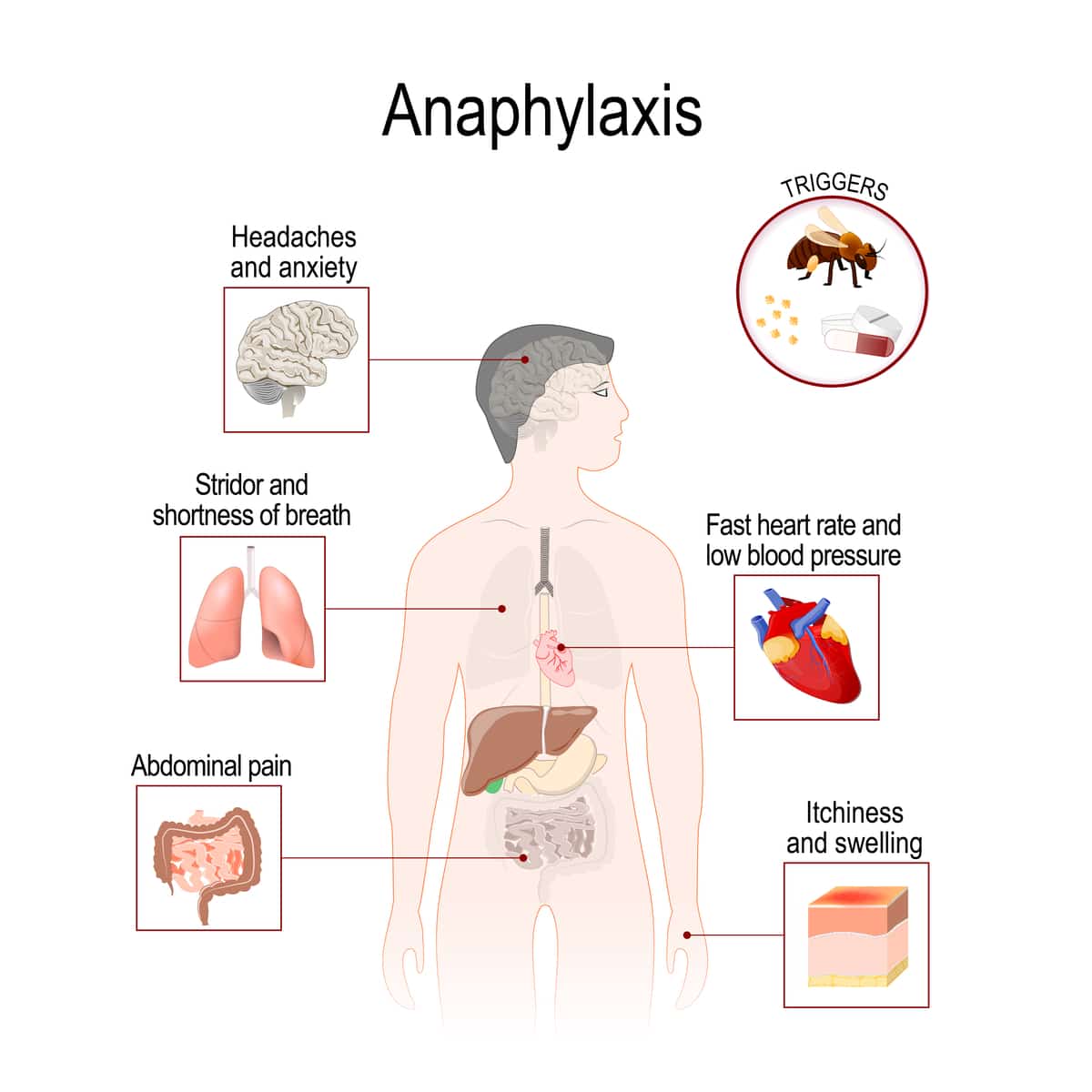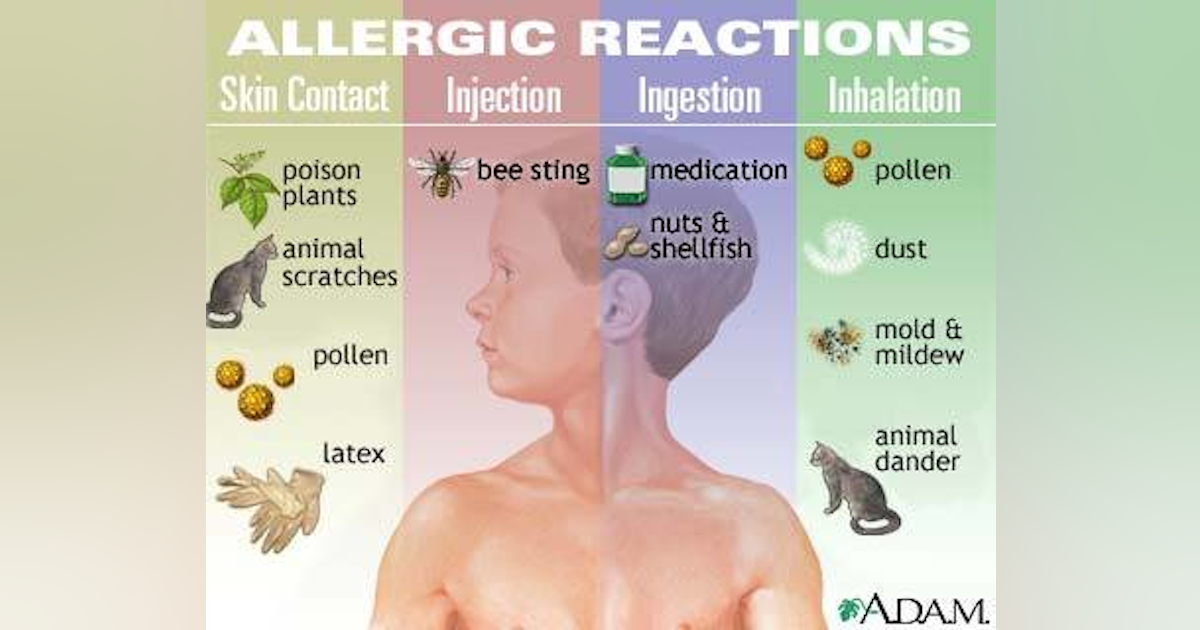Brilliant Tips About How To Prevent Anaphylactic Shock
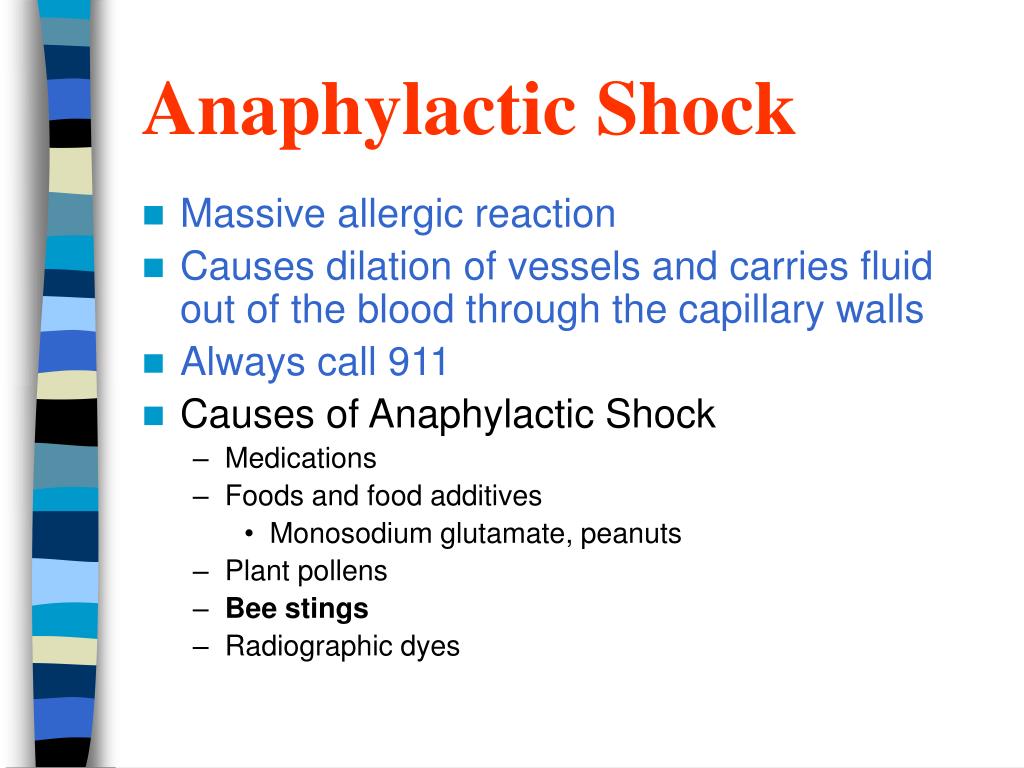
Anaphylaxis is an acute systemic allergic reaction, which can be life‐threatening.
How to prevent anaphylactic shock. The best way to prevent anaphylaxis is to avoid the allergen or allergens that cause you to have anaphylactic reactions. The 'shock' part of anaphylactic shock refers to the drop in blood pressure, which reduces the amount of blood delivered to the major organs. Don't give the person anything to drink.
The only treatment for anaphylaxis is epinephrine, which comes as a shot you inject into your thigh. Antihistamines mainly relieve mild allergy. The best way to prevent anaphylaxis is to stay away from known allergy triggers.
H1‐antihistamines are commonly used as an. If your child has had anaphylaxis you may be prescribed an epinephrine autoinjector. Updated on february 15, 2022, 12:01 am pst.
Loosen tight clothing and cover the person with a blanket. If there's vomiting or bleeding from the mouth, turn the person. It can look like a more mild allergy.
Anaphylaxis is a severe allergic reaction that can lead to anaphylactic shock. Antihistamines and systemic corticosteroids are used to relieve symptoms. If that’s impossible, you may be a candidate for allergen.
Call 999 for an ambulance and say that you think you're having an anaphylactic reaction. Avoiding exposure to known allergens is the best way to prevent anaphylaxis and anaphylactic shock. Ways to prevent anaphylactic shock.
You might not know yet if you're having an anaphylactic reaction. This review updates current issues in the management of anaphylaxis as well as the. The symptoms of anaphylactic shock include a sudden drop in blood pressure, a weak or.
Even with treatment, a person experiencing anaphylaxis. During an anaphylactic attack, you might receive cardiopulmonary resuscitation (cpr) if you stop breathing or your heart. Wear a medical alert necklace or bracelet to indicate.
Education (including the use of internet and social media), written. Your healthcare provider will work with you to. Treatment of anaphylaxis mainly involves the use of epinephrine as a first line medication for severe manifestations followed by symptomatic management of.
Each patient who has suffered from an anaphylaxis must be informed about the most important behavioral steps that may help in the prevention and treatment of. Following an anaphylactic reaction, management should focus on developing an emergency action plan, referral to an allergist, and patient education on. Epinephrine (which is sometimes referred to as adrenaline) is the only effective treatment for anaphylaxis.
